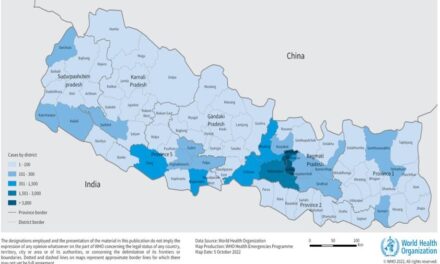A groundbreaking study published in Scientific Reports reveals a strong connection between children’s sleep patterns and gut health, specifically highlighting the benefits of an early bedtime. Researchers investigated the gut microbial composition and metabolic pathways in 88 healthy children to explore how sleep timing influences gut health.
Study Overview
The research, led by Mao et al., involved children aged 2 to 14 from Lanzhou City, Gansu province, China. The participants were divided into two groups based on their sleep schedules: those who went to bed before 9:30 p.m. (early sleepers) and those who went to bed after 9:30 p.m. (late sleepers). The study used advanced multi-omics sequencing techniques to analyze participants’ fecal samples and metabolic pathways, providing a comprehensive view of their gut microbiome and overall health.
Key Findings
The study found that children who went to bed earlier had significantly different gut microbial compositions compared to their late-sleeping counterparts. Specifically, early sleepers had higher diversity and abundance of beneficial gut bacteria such as Akkermansia muciniphila and Alistipes finegoldii. These species are associated with improved metabolic health and reduced inflammation.
Early sleepers also showed more positive sleep-related outcomes. They had shorter times to fall asleep, fewer nighttime wake-ups, and higher sleep efficiency, all contributing to better overall health. In contrast, the late-sleeping group exhibited lower gut microbial diversity and less optimal metabolic function.
The researchers used advanced tools such as the DNBSEQ platform and Metaphlan 3.0 software for taxonomic profiling of the participants’ gut microbiomes, and the HUMAnN 3.0 database for metabolic pathway analysis. Several metabolic pathways related to gut health, including threonine metabolism and L-lysine biosynthesis, were found to be significantly upregulated in early sleepers.
Implications for Health
The findings emphasize the importance of early bedtimes for children’s gut health, which has broader implications for their physical and mental well-being. The study also sheds light on the previously unexplored connection between sleep and the gut-brain axis, suggesting that good sleep habits might be leveraged in future treatments for sleep disorders and associated metabolic conditions.
“This research highlights the profound impact of sleep on gut microbiota, and by extension, overall health. Establishing early bedtime routines may not only improve sleep quality but also promote a healthier gut, which is crucial for children’s development,” said Dr. Akshay Minhas, a public health expert.
Conclusion
The study provides compelling evidence that sleep timing significantly influences the gut microbiome and metabolic health in children. Early bedtimes not only foster healthier gut bacteria but also support improved metabolic pathways. These findings could pave the way for new strategies to address sleep disorders in children, with the potential to enhance overall health outcomes through interventions that focus on the gut-brain connection.
Journal Reference:
Mao, C., Xi, C., Du, R., et al. Characteristics of gut flora in children who go to bed early versus late. Sci Rep 14, 23256 (2024). DOI – 10.1038/s41598-024-75006-y











